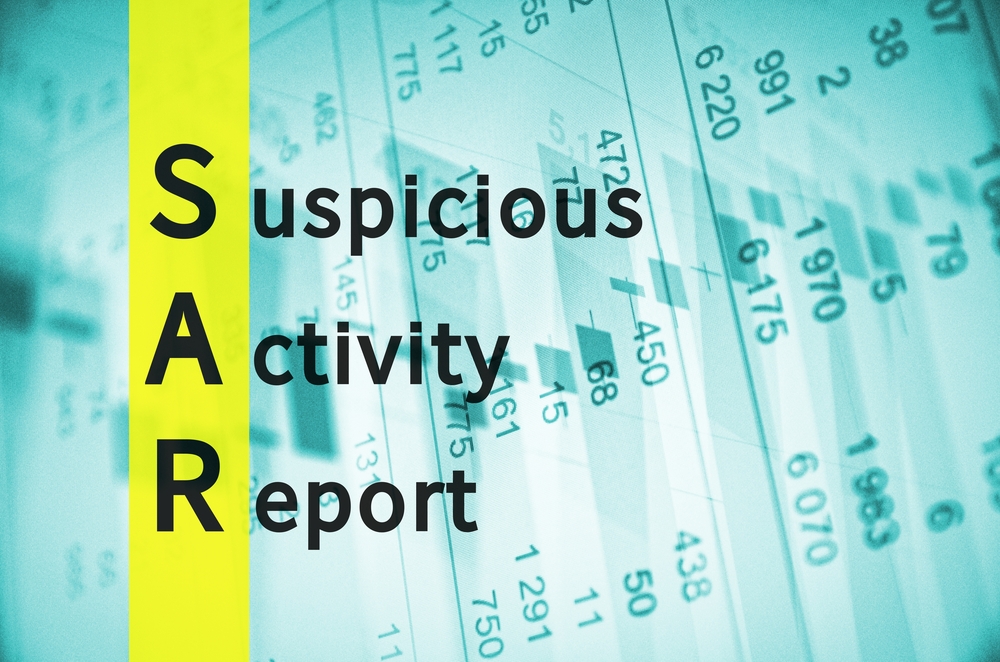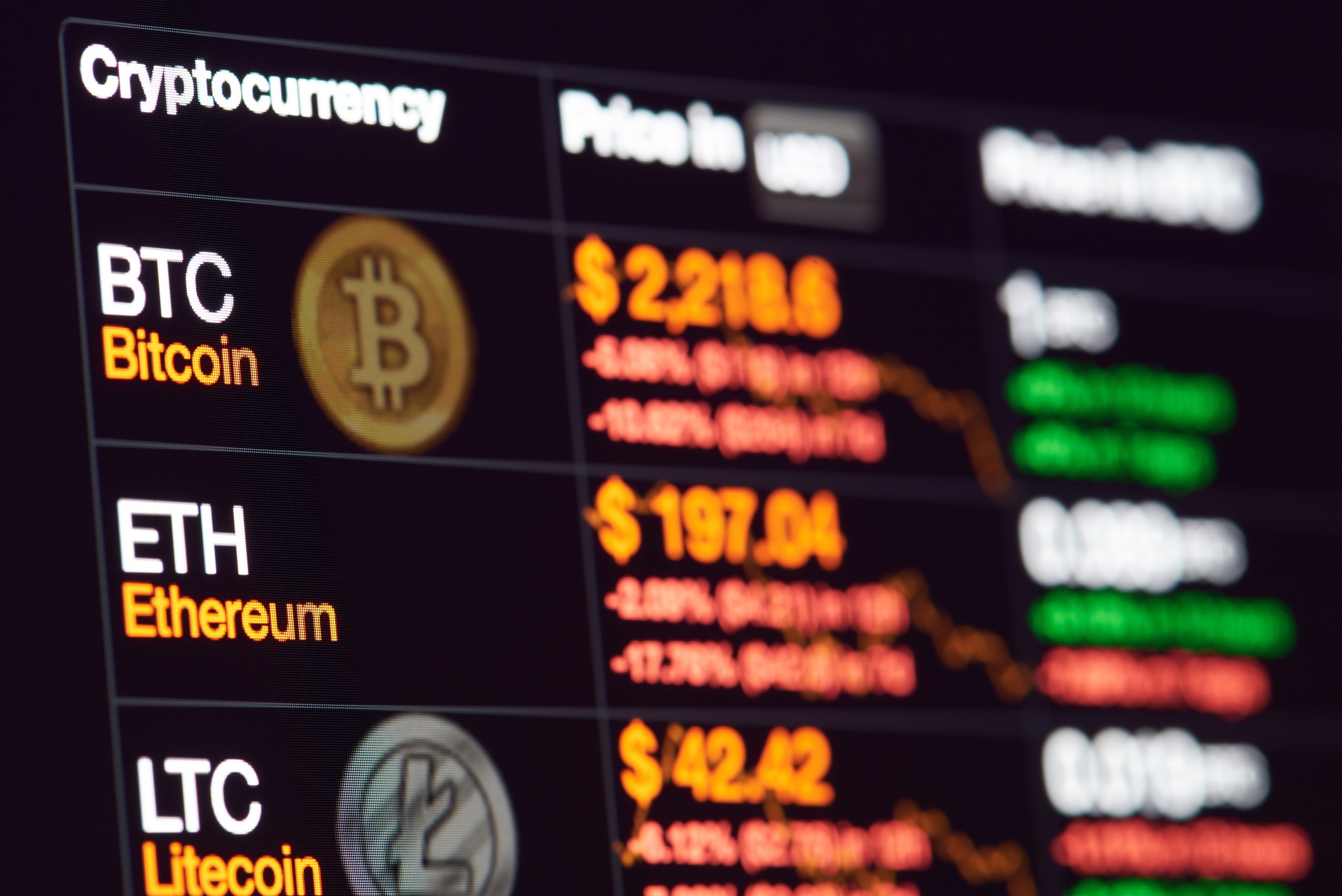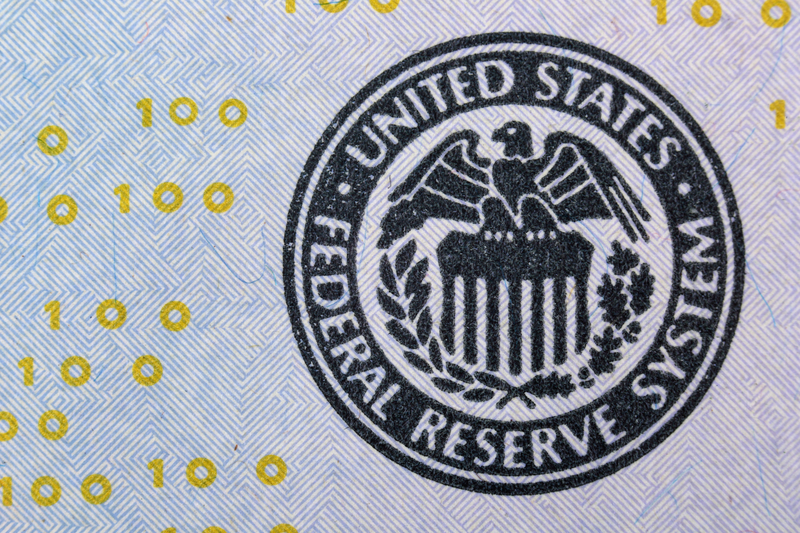REWIND: International Business News #87

Last week in international business news, there was the spinoff of Land's End by the struggling Sears Holdings, the murky waters of digital currency bitcoin, and the rebuff of a one-stop shop EU privacy regulator.
- Sears Holdings Corp is set to distribute its shares of Lands' End to Sears shareholders as the holding company of the Sears department stores struggles to maintain its market share. Online retailers and the Targets and Walmarts of the world have squeezed Sears from its once strong market position, leading the company to engage in a series of spinoffs: Orchard Supply Hardware Stores in 2011, Sears Hometown and Outlet business in 2012, and now Lands' End. Acquired by Sears in 2002, Lands' End generated sales of $1.73 billion in 2011, which then fell to $1.59 billion in 2012. "'Sears is in a steady state of decline,' said Brian Sozzi, chief executive of Belus Capital Advisors. 'They're essentially selling their body parts so they stay alive today.'" The future of the Lands' End brand is uncertain, although Mr. Sozzi describes the brand as "going down the drain."
- Bitcoin. Not many know precisely what type of currency Bitcoin is, but it concerns regulators across the globe. "Bitcoins are little more than computer code - created according to a set algorithm and traded between online wallets using virtual keys" that research released by Bank of America indicates "could become 'a major player in both e-commerce and money transfer.'" The "currency" arguably has no limits on who could "buy" it, and is purportedly in a finite supply, but the "value of all the Bitcoins in existence is now more than $12 billion." Chinese authorities have prohibited Chinese banks from making transactions involving the virtual currency, while claiming that the currency is not legally protected and has no "legal meaning," and the Bank of France issued concerns about the financial risks associated with the Bitcoin. While the currency is not backed by any central bank or governmental institution, and even though Bitcoin transactions have been the subject of fraud and Ponzi schemes, it continues to be used by certain consumers and accepted by certain businesses globally.
- Efforts by U.S. tech companies to create one EU privacy regulator with which those and other similar companies would need to comply have been rebuffed by Mr. Hubert Legal, who is the head of the legal service for the European Council. The so called "one-stop shop" rule would have lessened the compliance burden of US tech companies which would otherwise be faced with complying with potentially 28 different data protection agencies throughout Europe. "Mr. Legal said that under the one-stop-shop system, EU citizens whose data had been mishandled by a company based in another member state would face linguistic and financial barriers that would discourage them from going to court. He added that it was essential for citizens to have the ability to take companies to court in their home country." The opinion has dismayed other public officials in and around Europe who claim that it reopens questions that were previously closed.
If you have any questions regarding this post or any other related matters, please email Robert C. Gabrielski, Chair of the Norris McLaughlin International Business and Tax Planning Group, at rcgabrielski@norris-law.com.




